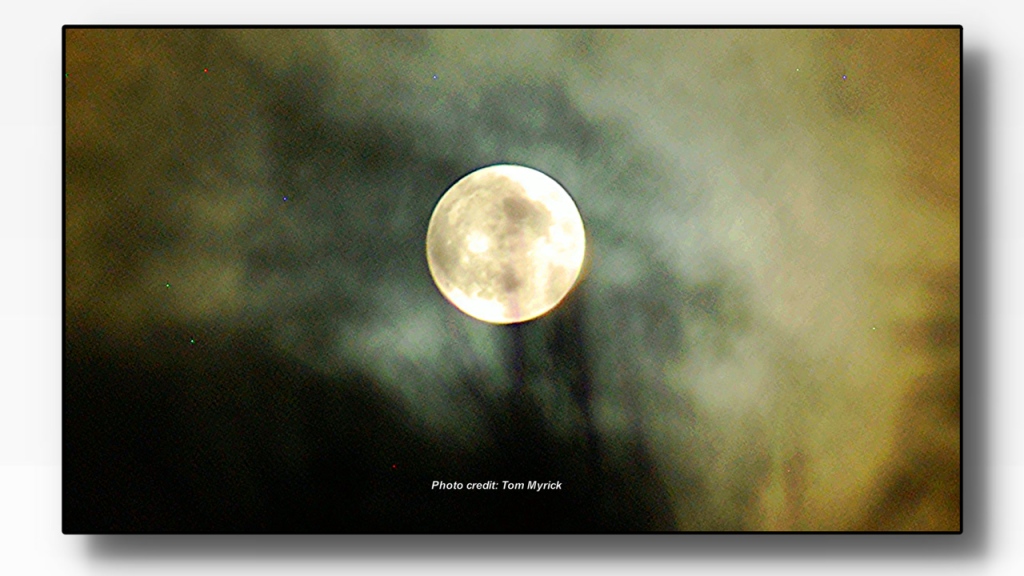The Worm Moon has a delightful impact on our beloved ‘Veggie-Bed.’ The Worm Moon, also known as the March Full Moon, graces our skies during this time of year. Its name is derived from the abundance of worms that become visible as frost thaws, leaving their telltale trails across the ground.

So, how does this celestial event influence our vegetable garden? Here are some insights:
During the Waning Moon (Full to New) phase, root crops like onions and carrots are perfect for planting. Additionally, consider incorporating solid soil amendments like worm castings.
Worm Castings, produced by earthworms, are a boon for vegetable gardens. They are nutrient-rich and have essential elements like nitrogen, phosphorus, and calcium, which enhance soil health and promote robust plant growth.
So, as the Worm Moon graces our nights, let’s embrace its influence on our veggie patches and nurture our plants with care.
Writer/Digital creator: Tom Myrick
YouTube: www.youtube.com/@urbangardening4u2day17
View on Facebook: https://www.facebook.com/profile.php?id=61555328057879






You must be logged in to post a comment.